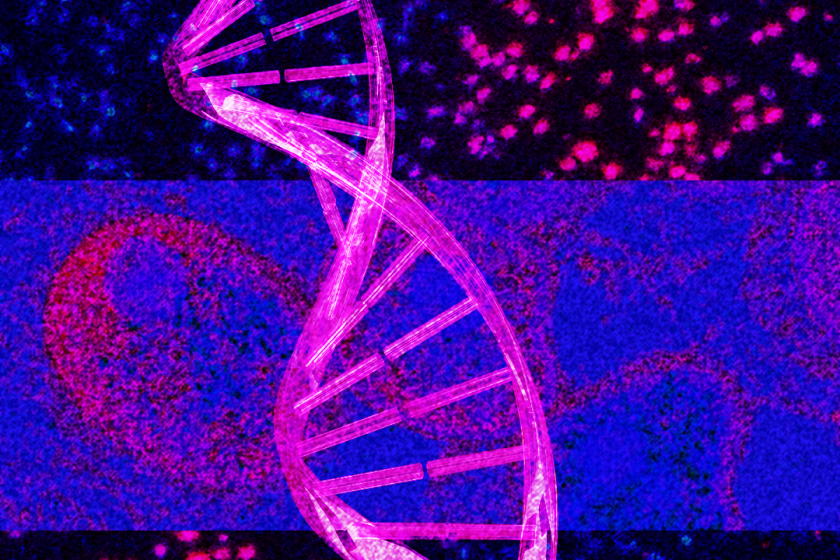Don’t Count Netanyahu Out Just Yet
As the sun sets on the government of Prime Minister Benjamin Netanyahu, the Israeli political landscape begins to resemble the final battle scene in “Richard III”--the field lost, all the king’s followers and nobles defecting and the king, badly wounded and ailing, desperate for a means of holding together his divided kingdom.
The sight on Monday of Netanyahu being jeered by both left and right as he called for new elections made clear the extent of the devastation. With his own ministers turning against him, an unprecedented assault from his own ideological breeding ground on the right and ringing indignation on the left, he straddles the chasm between left and right, with no sure foothold on either side.
Yet even as the Likud Party begins to disintegrate, there is possible salvation for the embattled Israeli leader. The law for the direct election of the prime minister that whisked Netanyahu into power 30 months ago may save him, since his opponents pose no great challenge. On the left is Ehud Barak, leader of the Labor Party who has been unable to distinguish himself as either a spokesman for the peace process or as a man with any clear vision of Israel’s future. A former general, his much praised intelligence has yet to transform itself into political acumen and his gaffes have caused the members of his own party to express grave doubts about his electability.
The center is represented by a ragtag insurgency of disaffected Likudniks and opportunists. Dan Meridor, a former finance minister, has formed a party that aims to create such a broad cross-section of popular opinion that it will nullify the influence of the religious parties. But Meridor has yet to articulate a commanding vision, and both he and his would-be lieutenant, Tel Aviv Mayor Roni Milo, may lack the kind of toughness that Israelis expect from their leaders.
On the right is Benny Begin, son of former Prime Minister Menachem Begin, who heads the Land of Israel Party. His commitment to renouncing any territorial compromise with the Palestinians has been consistent and unshakable. Begin has recently staked his career on a loathing of Netanyahu, who, he feels, has desecrated the principles of the Likud. But there’s doubt that he can win enough support to form a coalition of his own. His candidacy may boost his own standing in the Knesset, but is likely to result in further alienation of the far right from mainstream Israeli politics.
Finally, there is Lt. Gen. Amnon Lipkin-Shahak, former armed forces chief of staff who, taking a leaf from the book of U.S. Gen. Colin Powell, has teased the Israeli electorate by smiling a lot and saying little. Israelis often are smitten with their successful generals, assuming that politics is their natural vocational stepping stone. But mistaking either geniality or military prowess for political ability is a blunder the electorate has made consistently over the past five decades. Barak is only the latest in a long line of disappointments; Shahak lacks the time and the resources to prove that he is an exception to that rule.
Besides the lightweight competition, Netanyahu possesses an important card that none of his competitors can claim: the support of Ariel Sharon. Sharon, the Winston Churchill of Israeli politics, is a former minister of defense who spent years in the political wilderness before being summoned back to assist the nation with the entanglements of the Oslo accords. Now 70, Sharon is still a canny, forceful personality who has deftly forged an image as a pragmatist, conceding that accommodation with the Palestinians is inevitable while holding them at a distance.
Sharon’s credentials as a former general and hawk afford him the moniker “Mr. Security,” the title left vacant by the late Yitzhak Rabin--an enviable asset to any Israeli politician.
With Sharon as his electoral partner, Netanyahu may well regain the prime ministry, while his rump Likud Party forges alliances with Meridor’s centrists and Barak’s moderates. It would take a national unity government like this to carry on the battered peace process to an ultimate resolution.
More to Read
Start your day right
Sign up for Essential California for news, features and recommendations from the L.A. Times and beyond in your inbox six days a week.
You may occasionally receive promotional content from the Los Angeles Times.






